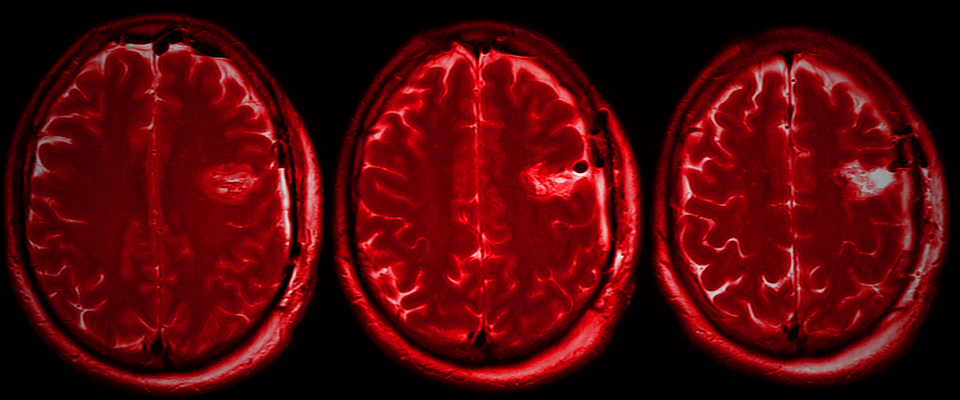From La Cura
“We can transform the meaning of the word cure. We can transform the role of knowledge. We can be human.”
Salvatore will be at TEDMed 2013 to tell the story of “La Cura”, a global art performance about the opportunity to transform our societies to become more active, aware, caring human beings by reclaiming information and knowledge, and by feeling the desire to be part of a society whose well-being truly depends on the well-being of all of its members.
La Cura started when Salvatore was diagnosed with cancer on September 2012. After that none of our lives have been the same: something incredible had happened.
Salvatore was not really satisfied with medicine’s approach to his illness.
As he said many times: “I felt as if I disappeared”.
Doctors are, obviously, the “good guys”: they are people who save lives every day, and who put professionality, intelligence, creativity, passion and dedication in what they do.
Yet human beings who are diagnosed with serious illnesses such as cancer often become part of a process which is too industrial. Medicine too often talks about them, not to them. The language doctors speak is not intended for patients, nor is the information that is generated during the illness. Images, exams results, lab values, are all things that do not speak to diseased person, who literally has to become a patient: to wait for something/someone to do something.
And this is only the tip of an iceberg whose essence is about the complexity of being human and part of a society.
Even the enormous advancements of medicine and its practices haven’t been able to address this complexity. People who are diagnosed with grave diseases disappear, replaced by the disease itself.
They become part of an industrial process (or neo-industrial, or post-industrial or crowd-industrial, in these times of digital change) which reduces human life to a set of protocols, procedures and to a series of services to access to benefit from things that feel like a vacuum in more than one way: the disease becomes the focus of one’s life (and of his friends and relatives), leaving out fundamental unanswered questions about the person’s life, sociality, emotions, knowledge and freedom to express, decide and be active in informed, positive ways.
La Cura is about this: is about avoiding loosing this fundamental perception of this complexity, and about the fundamental need to avoid reducing human life to the simplicity of a set of protocols, procedures and services.
It is a story which has deeply touched all of us, in exciting, emotional, sometimes dangerous, but always overwhelmingly insightful ways:
- it is the story of human participation to the disease of a fellow human being;
- it is the story of freedom of expression and decision;
- it is the story of the desire for knowledge, understanding and comprehension of the human condition in all its complexity, and from a variety of points of view;
- it is the story of the possibility for human collaboration across cultures, disciplines, times and places of the world, without prejudice and in the explicit will to make sense of things through active participation and with responsibility;
- it is the story of the dangers and the responsibilities that come with the desire for freedom, and about the necessity of the help of the whole of society to be able to bear them, and to make sense and extract meaning out of them.
And, most of all, it is the story of the will and desire to live a free, informed, active, positive life, and of the need to feel part of a positive human society to fully achieve it.
It is an Open Source Cure for us all.
![[ AOS ] Art is Open Source](https://www.artisopensource.net/network/artisopensource/wp-content/uploads/2020/03/AOSLogo-01.png)
